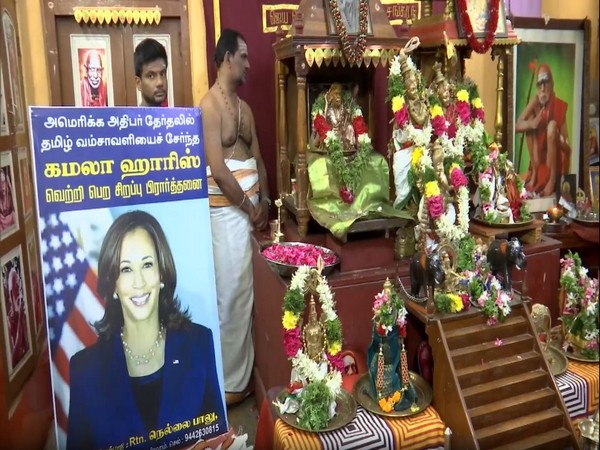Canberra: Indigenous Australian Senator Lidia Thorpe disrupted King Charles’ visit to the Australian Parliament on Monday, launching a fiery protest against the monarchy’s colonial legacy. Her outburst came moments after the king delivered his address, leaving lawmakers and dignitaries visibly stunned.
“Give us our land back! Give us what you stole from us!” Thorpe shouted during the nearly minute-long protest. She also declared, “This is not your land, you are not my king,” while condemning what she called the “genocide” of Indigenous Australians by European settlers.
A Colonial Legacy
Australia was a British colony for over a century, during which Indigenous Australians endured widespread violence, displacement, and cultural erasure. Although the country gained autonomy in 1901, it remains a constitutional monarchy with King Charles as head of state. Efforts to sever ties with the monarchy have been ongoing but remain divisive among Australians.
Charles’ visit to Australia marks his first major international tour since being diagnosed with cancer earlier this year. The nine-day trip also includes stops in Samoa.
Thorpe’s Continued Opposition to the Monarchy
Thorpe, an outspoken critic of the monarchy, has a history of controversial protests. In 2022, she staged a memorable demonstration while taking her oath of office by raising her right fist in defiance and altering the official pledge. She begrudgingly swore allegiance to “the colonising Her Majesty Queen Elizabeth II” before being reprimanded by the Senate president for deviating from the official oath.
Australia’s republican movement has seen mixed results. In a 1999 referendum, Australians narrowly voted to retain the monarchy, amid disputes over how a potential head of state would be selected. More recently, a 2023 referendum seeking constitutional recognition for Indigenous Australians and the establishment of an Indigenous advisory body was rejected by a majority of voters.
Thorpe’s protest adds further controversy to Australia’s ongoing debate over the monarchy’s relevance and the nation’s colonial past.




